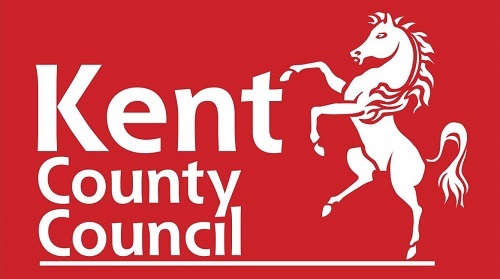Steel, The Most Recycled Metal In The World
Reclamet Limited
View ALL WASTE SERVICES
Reclamet Limited
View ALL WASTE SERVICES
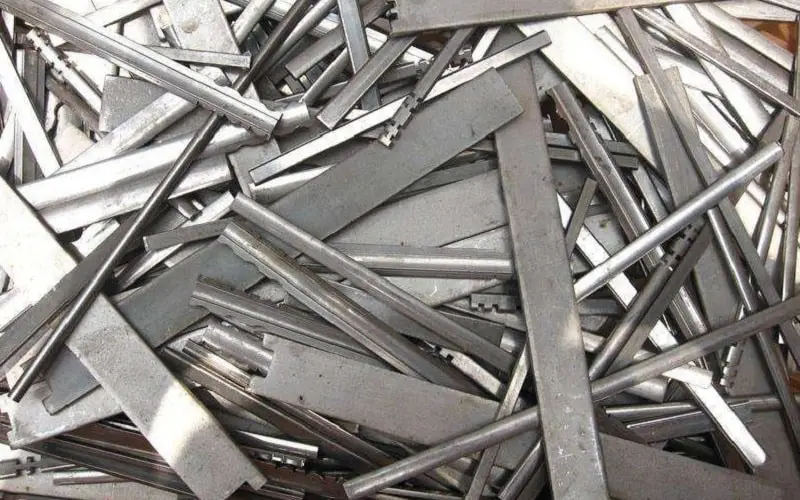
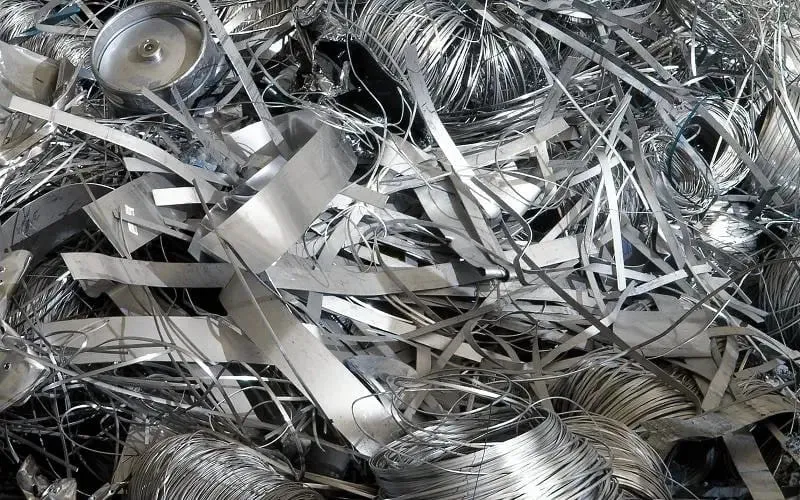
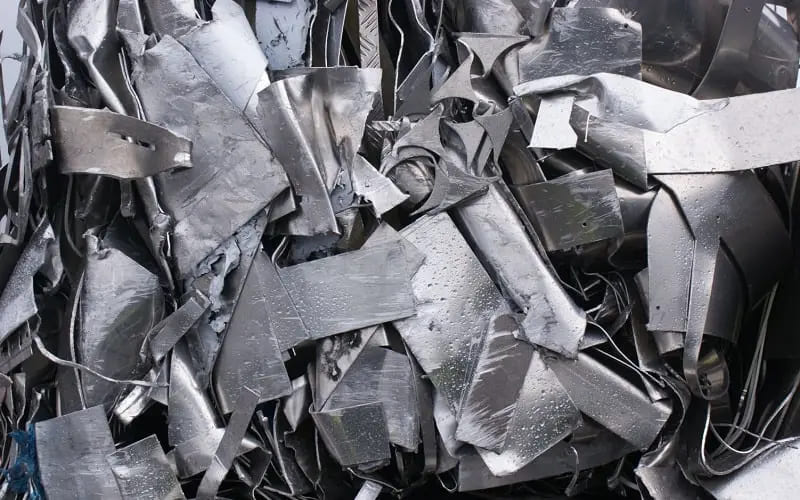
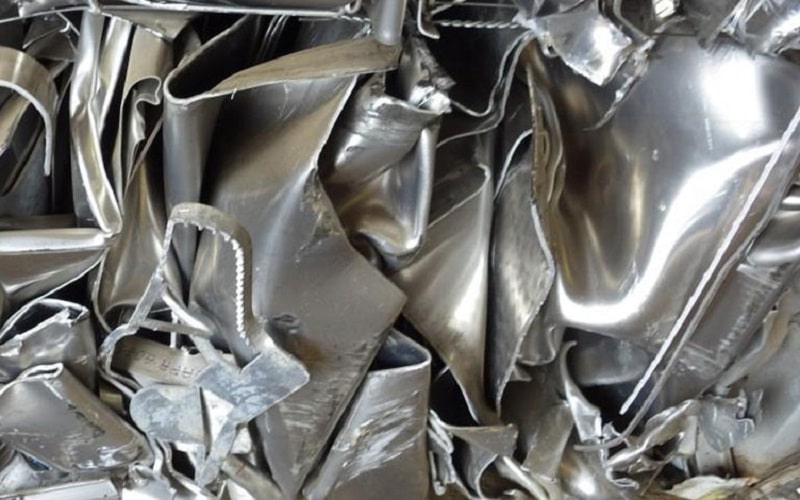
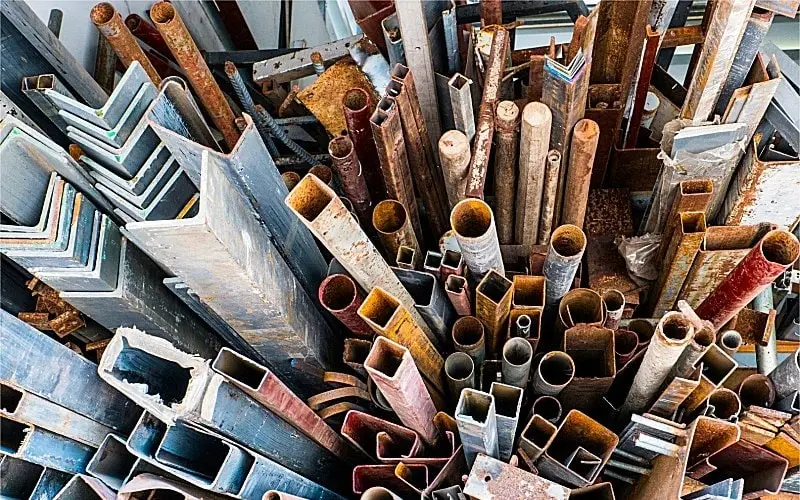
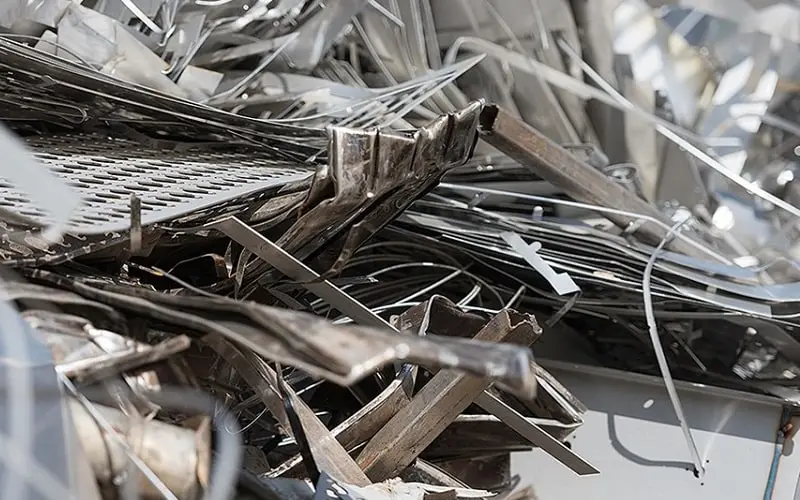
Steel, The Most Recycled Metal In The World
Steel is the world’s most recycled construction metal; an estimated 40% of all steel production is recycled scrap. Over 500 million tonnes of steel are multi-cycled worldwide each year. Approximately 85% of structural steel is recycled and used as a scrap charge in furnaces, and 12% is used directly for new structures. Only 3% of all steel is lost to landfills or rust. Compared to other materials – such as concrete – when steel is removed during the building demolition, nothing is left un-salvaged. That means there is no residue to pollute the site in years to come – it has all been salvaged. Research shows that when steel is used instead of concrete in demolition and construction, steel offers a 19% reduction in CO2 footprint. Steel is an iron alloy comprising metals and non-metals, including carbon, iron, and tin. Like most metals, including aluminium, copper, and brass, it can be continuously recycled without damaging or degrading its properties—no matter the product or form it takes.
Reasons why to recycle steel:
- Steel is a metal that can be infinitely recycled and is 100% recyclable without losing quality.
- Steel scrap can be converted into high-value steel by using processing and metallurgy.
- Oxygen furnaces can be charged with up to 30% steel scrap.
- Electric furnaces can be charged with 100% steel scrap.
- New steel products contain an average of 37% recycled steel.
- Today’s steel can become tomorrow’s trains, cans, buildings or bridges.
- Although we try to recycle as much steel as possible, more needs to be recycled to meet the demand for new steel products.
While many steel products, such as vehicles and packaging, have a short to medium service life, large-scale products (bridges, buildings) are designed to last decades or centuries.
The most recycled metal in the world.
Steel is straightforward to recycle; it is the world’s most recycled metal.
Steel and the Circular Economy
All available scrap steel is recycled repeatedly to create new materials. Recycled steel maintains all properties of the original steel.
Construction industry
The steel used in construction has a very high recycling rate at the end of life. For example, 87% of construction Steel in the UK is recycled, 10% is reused, and only 3% goes to landfill.
Recycling steel saves energy and reduces pollution.
Recycling one ton of steel can save:
- 1.5 tonnes of iron ore
- 0.5 tonnes of Coke
- 1.28 tonnes of solid waste
- Reduces air emissions by 86%
- Reduces water pollution by 76%
When looking at packaging, it is essential to remember that food and drink cans are not the only forms of steel packaging. Many products, from watercolours to biscuits to industrial paint, can be packaged in attractively decorated and differently shaped steel containers. Scrap steel saves up to 74% of the energy needed to make new steel from virgin materials.
What is the difference between stainless steel and steel?
The difference between stainless steel and steel is its magnetic properties. Steel is highly magnetized, while stainless steel has no magnetic properties. Steel is classed as a ferrous metal because it contains iron (making it ferromagnetic), whereas stainless steel is a non-ferrous metal containing no iron and, thus, no magnetic properties. Stainless Steel is known for its corrosion resistance and has a higher melting point than other steel metals. It is commonly used in healthcare equipment, food production, cars, and construction projects. Steel is also typically found in household products such as hangers and appliances.
How much is scrap steel worth?
Steel prices change daily due to market supply and demand. Feel free to call us for an up-to-date metal price estimate for scrap steel.
Where can I scrap steel?
Reclamet Limited scrap yard is in Birchington, Thanet, Kent. Taking your scrap steel directly to a yard will enable us to check the quality and weight before offering on-site prices. We also offer a local iron collection service for larger quantities of scrap metal covering Thanet and surrounding areas of Kent, including Acol, Ashford, Birchington, Broadstairs, Brooks End, Canterbury, Cliffsend, Cliftonville, Deal, Dover, Ebbsfleet, Faversham, Flete, Folkestone, Garlinge, Manston, Margate, Minster, Monkton, Newington, Palm Bay, Ramsgate, Reading Street, Sarre, Sevenscore, Sittingbourne, St Nicholas-at-Wade, St Peter’s, Westbrook, Westwood, Westgate-on-Sea and Whitstable.
Call Reclamet, the steel recycling specialist you can rely on.
Call: 01843 800800
Email: enquiries@reclamet.co.uk

Steel, The Most Recycled Metal In The World
Steel is the world’s most recycled construction metal; an estimated 40% of all steel production is recycled scrap. Over 500 million tonnes of steel are multi-cycled worldwide each year. Approximately 85% of structural steel is recycled and used as a scrap charge in furnaces, and 12% is used directly for new structures. Only 3% of all steel is lost to landfills or rust. Compared to other materials – such as concrete – when steel is removed during the building demolition, nothing is left un-salvaged. That means there is no residue to pollute the site in years to come – it has all been salvaged. Research shows that when steel is used instead of concrete in demolition and construction, steel offers a 19% reduction in CO2 footprint. Steel is an iron alloy comprising metals and non-metals, including carbon, iron, and tin. Like most metals, including aluminium, copper, and brass, it can be continuously recycled without damaging or degrading its properties—no matter the product or form it takes.
Reasons why to recycle steel:
- Steel is a metal that can be infinitely recycled and is 100% recyclable without losing quality.
- Steel scrap can be converted into high-value steel by using processing and metallurgy.
- Oxygen furnaces can be charged with up to 30% steel scrap.
- Electric furnaces can be charged with 100% steel scrap.
- New steel products contain an average of 37% recycled steel.
- Today’s steel can become tomorrow’s trains, cans, buildings or bridges.
- Although we try to recycle as much steel as possible, more needs to be recycled to meet the demand for new steel products.
While many steel products, such as vehicles and packaging, have a short to medium service life, large-scale products (bridges, buildings) are designed to last decades or centuries.
The most recycled metal in the world.
Steel is straightforward to recycle; it is the world’s most recycled metal.
Steel and the Circular Economy
All available scrap steel is recycled repeatedly to create new materials. Recycled steel maintains all properties of the original steel.
Construction industry
The steel used in construction has a very high recycling rate at the end of life. For example, 87% of construction Steel in the UK is recycled, 10% is reused, and only 3% goes to landfill.
Recycling steel saves energy and reduces pollution.
Recycling one ton of steel can save:
- 1.5 tonnes of iron ore
- 0.5 tonnes of Coke
- 1.28 tonnes of solid waste
- Reduces air emissions by 86%
- Reduces water pollution by 76%
When looking at packaging, it is essential to remember that food and drink cans are not the only forms of steel packaging. Many products, from watercolours to biscuits to industrial paint, can be packaged in attractively decorated and differently shaped steel containers. Scrap steel saves up to 74% of the energy needed to make new steel from virgin materials.
What is the difference between stainless steel and steel?
The difference between stainless steel and steel is its magnetic properties. Steel is highly magnetized, while stainless steel has no magnetic properties. Steel is classed as a ferrous metal because it contains iron (making it ferromagnetic), whereas stainless steel is a non-ferrous metal containing no iron and, thus, no magnetic properties. Stainless Steel is known for its corrosion resistance and has a higher melting point than other steel metals. It is commonly used in healthcare equipment, food production, cars, and construction projects. Steel is also typically found in household products such as hangers and appliances.
How much is scrap steel worth?
Steel prices change daily due to market supply and demand. Feel free to call us for an up-to-date metal price estimate for scrap steel.
Where can I scrap steel?
Reclamet Limited scrap yard is in Birchington, Thanet, Kent. Taking your scrap steel directly to a yard will enable us to check the quality and weight before offering on-site prices. We also offer a local iron collection service for larger quantities of scrap metal covering Thanet and surrounding areas of Kent, including Acol, Ashford, Birchington, Broadstairs, Brooks End, Canterbury, Cliffsend, Cliftonville, Deal, Dover, Ebbsfleet, Faversham, Flete, Folkestone, Garlinge, Manston, Margate, Minster, Monkton, Newington, Palm Bay, Ramsgate, Reading Street, Sarre, Sevenscore, Sittingbourne, St Nicholas-at-Wade, St Peter’s, Westbrook, Westwood, Westgate-on-Sea and Whitstable.
Call Reclamet, the steel recycling specialist you can rely on.
Call: 01843 800800
Email: enquiries@reclamet.co.uk

